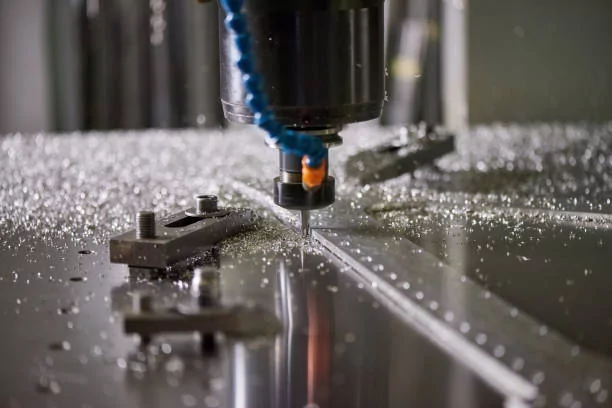When it comes to metal CNC machining, there are several challenges that manufacturers face on a regular basis. Overcoming these challenges is crucial for ensuring the efficiency and quality of the machining process. In this article, we will delve into some of the top challenges faced in metal CNC machining and explore effective strategies to overcome them.
Tool Wear and Breakage
One of the most common challenges in metal CNC machining is tool wear and breakage. As the cutting tools come into contact with hard metal surfaces, they undergo significant wear and tear, leading to a decrease in machining accuracy and surface finish. To overcome this challenge, manufacturers can implement various strategies such as using high-quality cutting tools, optimizing cutting parameters, and employing advanced tool coatings to enhance tool life and performance.
Poor Surface Finish
Another major challenge in metal CNC machining is achieving a high-quality surface finish on the machined parts. Poor surface finish can result from factors such as improper tool selection, incorrect cutting speeds, and inadequate machine rigidity. To address this issue, manufacturers can utilize cutting tools with the appropriate geometry and sharpness, optimize machining parameters to minimize vibrations, and invest in CNC machines with superior rigidity and stability.
Chip Control
Effective chip control is essential for ensuring smooth and efficient metal CNC machining operations. Inadequate chip control can lead to chip accumulation, tool damage, and surface defects on the machined parts. To overcome this challenge, manufacturers can implement chip-breaking techniques, use chip evacuation systems such as high-pressure coolant and through-tool coolant, and optimize cutting parameters to achieve optimal chip formation and evacuation.
Tight Tolerances and Dimensional Accuracy
Meeting tight tolerances and achieving dimensional accuracy are critical requirements in metal CNC machining, especially for high-precision components. Challenges related to dimensional accuracy can arise from factors such as thermal expansion, tool deflection, and machine positioning errors. To address this challenge, manufacturers can employ techniques such as thermal compensation, tool path optimization, and advanced machine calibration to ensure consistent and precise dimensional accuracy in the machined parts.
By understanding and effectively addressing these top challenges in metal cnc machining, manufacturers can enhance the overall quality, efficiency, and reliability of their machining processes. Implementing advanced technologies, optimizing cutting parameters, and investing in high-quality tools and equipment are essential steps in overcoming these challenges and achieving superior results in metal CNC machining.
